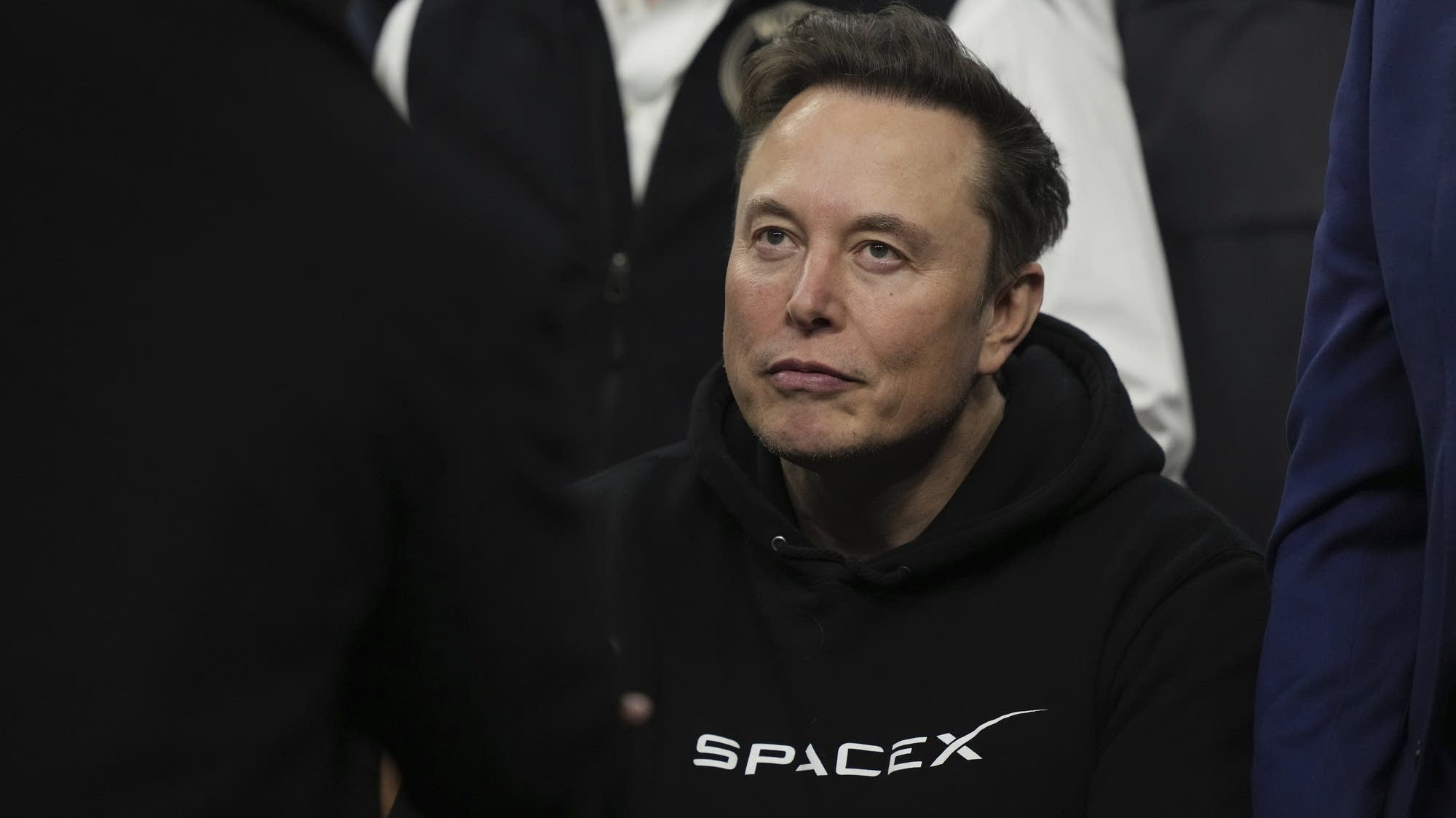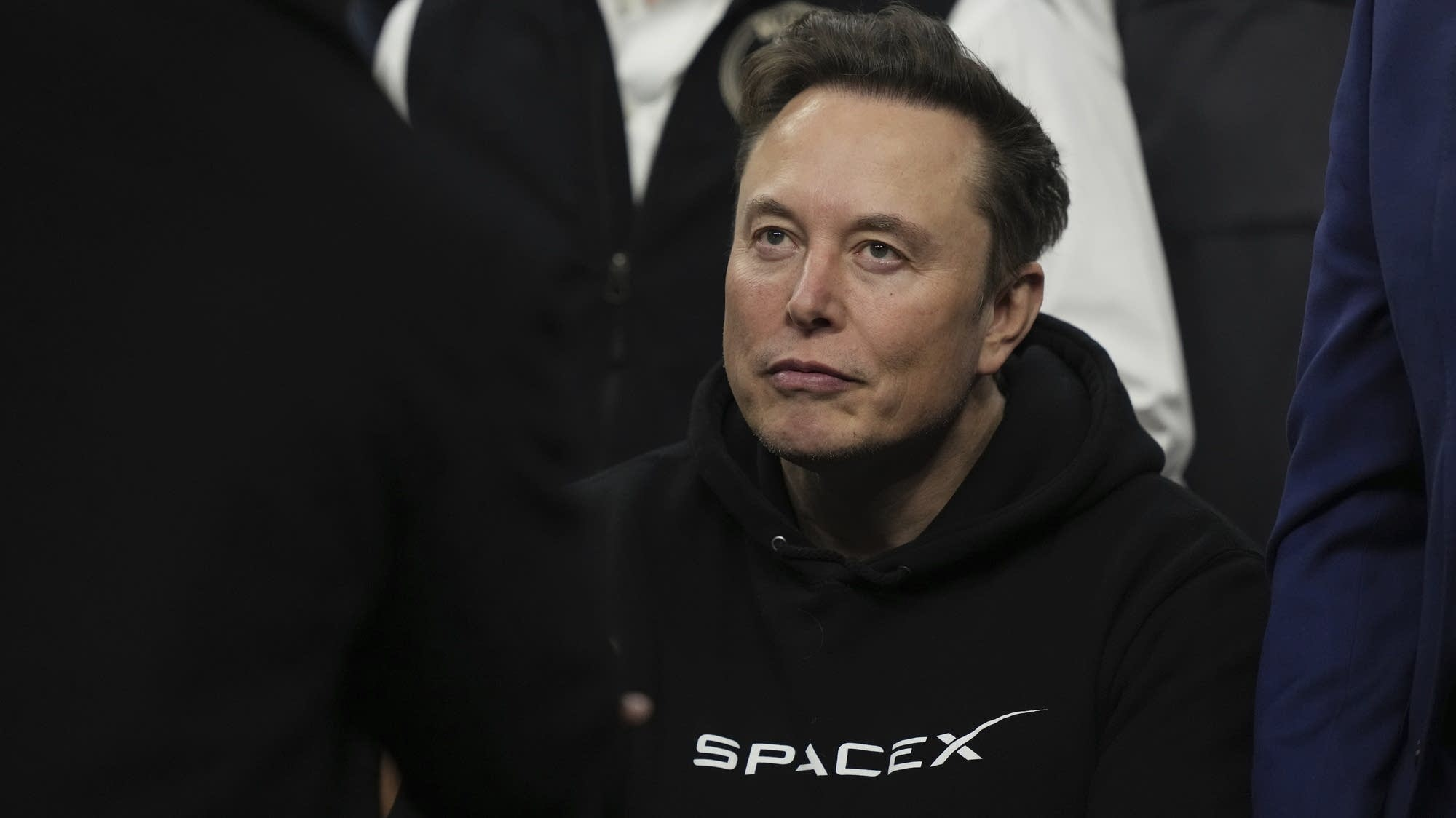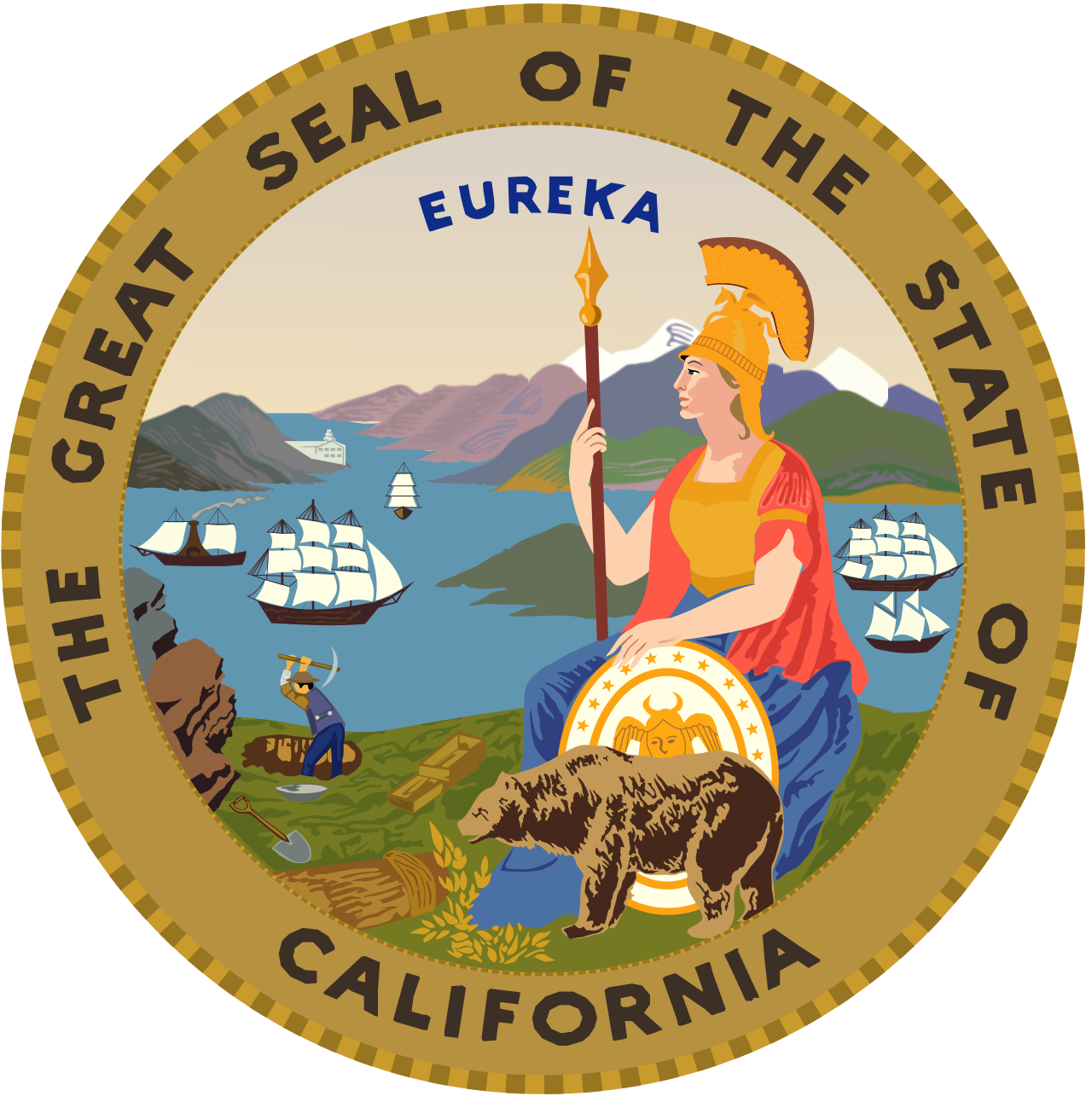

This is not surprising at all.
I was recently reading an article in the French newspaper Le Monde.
In Britain, corporations are increasingly using a special system called zero-hour contracts.
These contracts are designed to offer maximum flexibility for business owners, in order to reduce his risks. The employee is guaranteed nothing and must always be available.
« They send my hours on Sunday, but nothing is sure. Sometimes, they cancel the same day » says Yana Petticrew, a young Glasgow Scottish worker who has been on zero-hour contracts for nearly 10 years. « Life is hard. I can’t even plan a meeting with my friends next week, because my boss could call me at any time » Yana says. She can’t refuse, or her boss will get rid of her.
Labor unions say workers on zero hour contracts earn on average less than those who are not. In 2010, 168 000 british workers were on zero hour contracts. In 2024, 1.1 million british workers were on zero hour contracts.
Here is another things that stuns me. I learned that in Britain, employees have no boardroom representation. In France, all companies publically listed on the stock market are legally required to have union representatives on the board of directors.
For instance LVMH :
https://www.lvmh.com/en/our-group/governance
Why can’t british employee have board representatives?!
The UK system is rotten. Brits need to fight for change. They deserve better.


























Getting a dumbphone was one of the best decisions I took in my life. It helps me focus better and read books. I don’t actually need the internet with me 24/7. If you really need me, you can call.
Try it. Some people will call you crazy. Just ignore them.